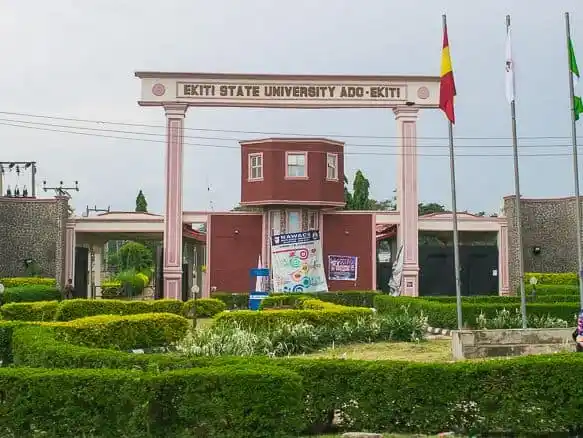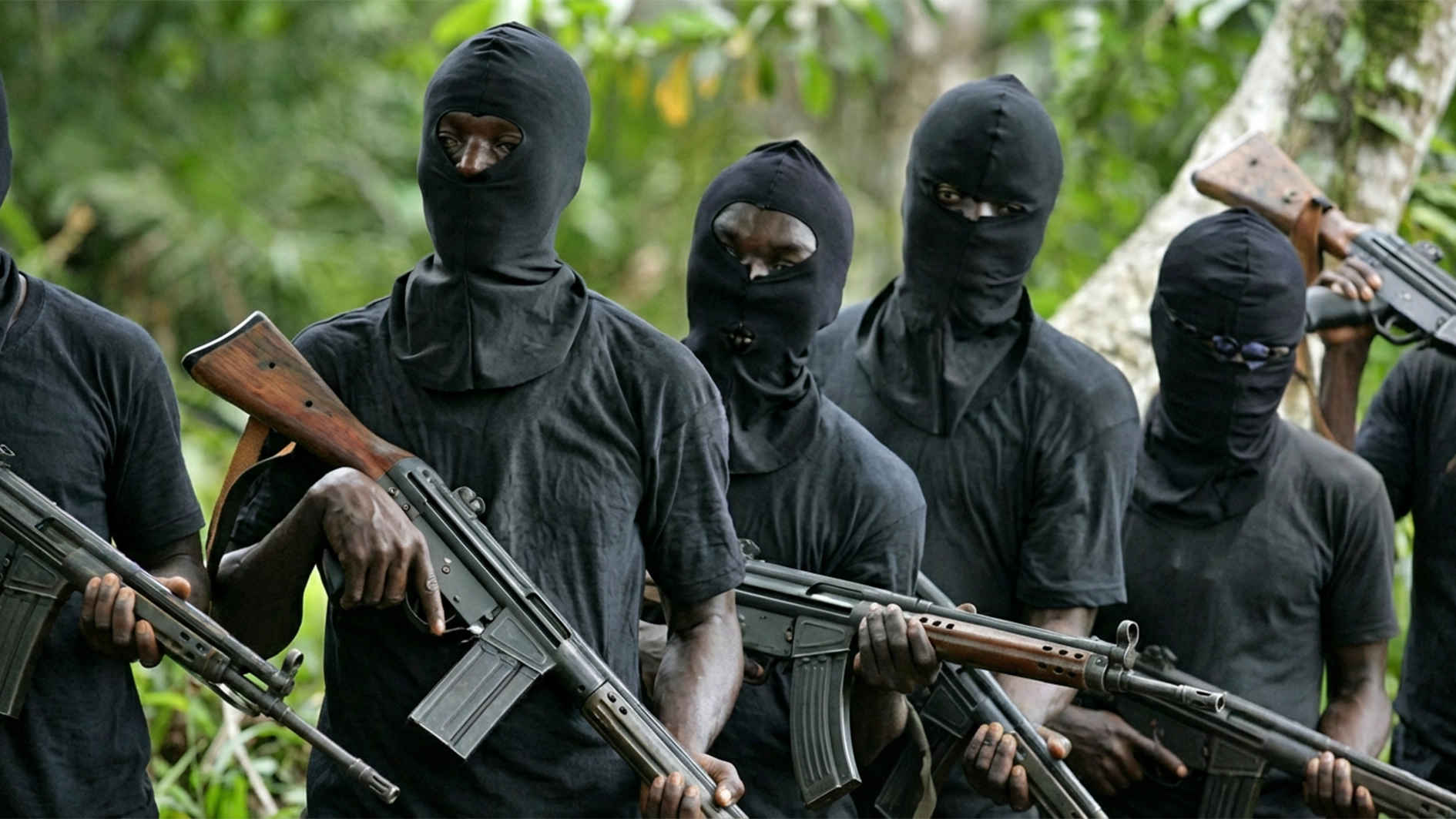More than 1,800 people, including a monarch, have been killed across Nigeria’s south-east region in just over two years, according to data released by Amnesty International, which has accused both armed separatists and security forces of widespread human rights abuses and unchecked violence.
The human rights organisation said at least 1,844 people lost their lives between January 2021 and June 2023 in attacks carried out by so-called unknown gunmen, local militias, and state-backed security outfits.
Amnesty said this cut across Abia, Anambra, Ebonyi, Enugu and Imo states. The figure, drawn from victim interviews, police reports, and media verification, is part of what Amnesty describes as a decade of impunity in the country’s south-east.
In one particular case cited in Amnesty’s recent report, gunmen stormed the palace of a traditional ruler, HRH Eze Ignatius Asor, in the Obudi Agwa community of Imo State on 14 November 2022.
Witnesses said about 30 armed men arrived in a convoy of Sienna buses, opened fire in the palace courtyard, and executed the monarch and two visiting chiefs in cold blood.
The attackers allegedly fired more than 16 bullets into the traditional ruler’s body before fleeing the scene. No arrests have been made since the incident.
The Guardian had earlier reported that the violence was traced back to 2019, when armed factions began enforcing sit-at-home orders linked to the Indigenous People of Biafra (IPOB), a banned separatist group agitating for the restoration of the defunct Biafra Republic.
While IPOB has repeatedly denied involvement in civilian killings, Amnesty’s findings reveal that various splinter cells now operate independently, launching coordinated assaults on police stations, markets and public officials.
Imo State has been the hardest hit, recording more than 400 deaths between 2019 and 2021, a figure many people say is under-reported, followed by Anambra and Ebonyi states.

The group’s latest data also shows that since December 2022, over 100 additional fatalities have been documented, many of them victims of midnight raids, assassinations and reprisal attacks.
In its investigation, Amnesty described the attackers’ methods as calculated and terroristic. In some communities, including Oguta and Izombe in Imo and Lilu in Anambra, residents have fled en masse as gunmen impose levies, loot livestock and burn homes.
Traditional institutions, which often serve as intermediaries in local disputes, have been decimated.
Alongside these atrocities, the report also noted serious allegations against government forces and the regionally created Ebube Agu security network.
The outfit, established in 2021 by south-east governors to curb insecurity, has been accused of arbitrary arrests, torture and summary executions.
According to Amnesty, these twin layers of violence from non-state actors and from security agencies have produced a climate of fear and mistrust. Families of victims often face intimidation when they seek justice, while police investigations are either stalled or inconclusive.
“The lack of accountability emboldens perpetrators,” Amnesty said. “Communities now live between the terror of the gunmen and the fear of those meant to protect them.”
The Nigerian Defence Headquarters has denied Amnesty’s claims, stating that the armed forces operate strictly within the law and have conducted measured and intelligence-driven operations in volatile areas.
However, civil society groups and local media continue to document reports of extrajudicial killings and property destruction during military raids in Imo, Anambra and Ebonyi states.
The killings have also taken a toll on the region’s economy. Many small businesses have shut down due to constant stay-at-home orders, while farmers and traders avoid major highways out of fear of ambush.
Amnesty’s 2025 report, titled “A Decade of Impunity”, calls on the federal government to prioritise justice and accountability for victims.
The organisation urged Abuja to establish an independent judicial panel to investigate all killings, disappearances and cases of torture in the south-east, and to provide compensation to families of victims.
The group also demanded an end to the militarisation of civilian spaces and greater oversight of regional security outfits.
“Security must not come at the cost of human rights,” the report said. “Without justice, peace in the south-east will remain elusive.”
The situation has continued to deteriorate over the past few months. In May 2025, at least 30 travellers were killed when gunmen attacked vehicles along the Okigwe–Owerri highway in Imo State, setting over 20 vehicles ablaze.
That attack came just weeks after 15 villagers were abducted in Anambra, while four policemen were killed in a separate ambush near Ezza North in Ebonyi.
“Act decisively to prevent Nigeria’s south-east from sliding into another full-blown conflict zone,” Amnesty said.






